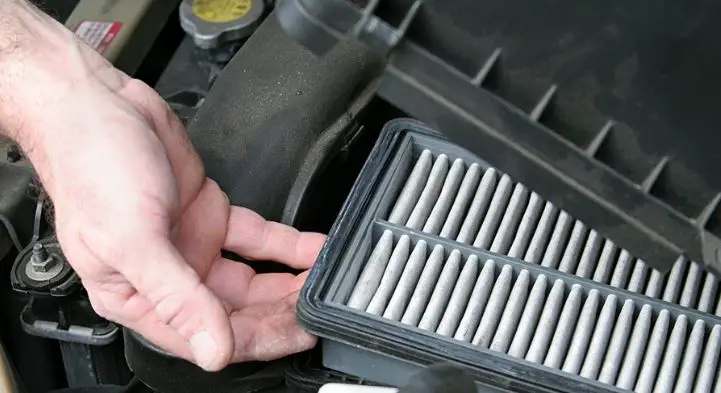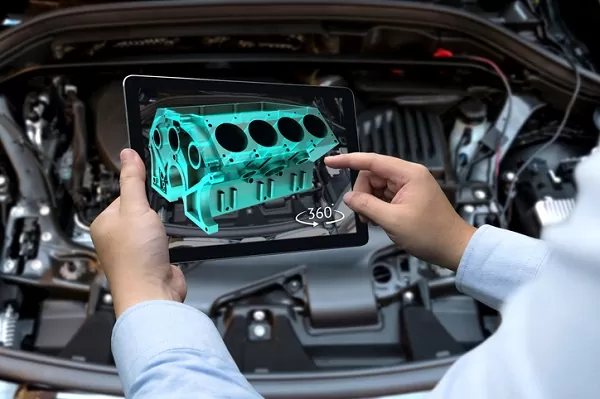It’s easy to forget about the air filters in your vehicle. They’re a lot less exciting than the engine and a lot less essential than the brakes. But those simple-looking filters serve two important functions. One cleans the air before it comes into your passenger cabin. This helps ensure you and your passengers breathe clean, safe air. The other filter cleans the engine air before it passes through the cylinders. Well-maintained filters are essential for preventing grit, dust, and other unwanted debris from damaging your engine.
You need regular air filter replacement to make sure your engine and cabin air is clean. You can take your car to the shop to have this done or do it yourself. If you decide to save money and time and do the latter, here are five things you should know.
Know Your Filter Type
You can usually tell what type of replacement filter you need by inspecting the one that’s already in your car. Note the shape of the filter (whether cylindrical, circular or square) and measure the perimeter. You can also refer to your owner’s manual to make sure you purchase a replacement filter that’s intended for your vehicle.
Installation Is Simple
Replacing your air filter is much easier than car shock replacement or brake replacement. Just follow these steps:
- Make sure the vehicle is turned off and the engine is cooled down
- Locate the housing for the air filter
- Remove the old air filter from the housing
- Insert the new filter snugly into the housing
- Make sure the new filter is properly secured in place
If there’s a lot of dust or debris around the air filter and its housing, use a vacuum cleaner or a damp rag to clean it away.
Understand the Signs You Need a New Filter
Your vehicle will probably give you some obvious indications when the air filter is too clogged. Here are some of the top signs your air filter needs replacement:
- You hear strange whistling sounds coming from the cabin air intake or engine
- You smell a foul or musty odor when you turn on the air in your cabin (although if it smells like burnt rubber, it may be a sign you need to replace car alternator)
- Your check engine light has come out without an obvious cause
- Your car is getting reduced fuel mileage
- The filter looks visibly dirty
To avoid these issues, you need to make sure you’re replacing your filters as recommended.
Know How Often to Replace Your Filters
Generally, you should plan to replace your engine air filter every 12,000 to 15,000 miles and your cabin air filter every 12,000 to 30,000 miles. Of course, you may need to change it more or less often than this depending on your vehicle’s make and model and how often you drive it. Refer to your owner’s manual for air filter replacement recommendations specific to your vehicle.
Know What Happens if You Don’t Replace Your Filter
If you don’t replace your air filter as needed, you could damage your engine. You will also likely get reduced engine performance and a decrease in fuel efficiency. To keep your vehicle working as efficiently as possible, don’t forget to replace the filters as needed.







